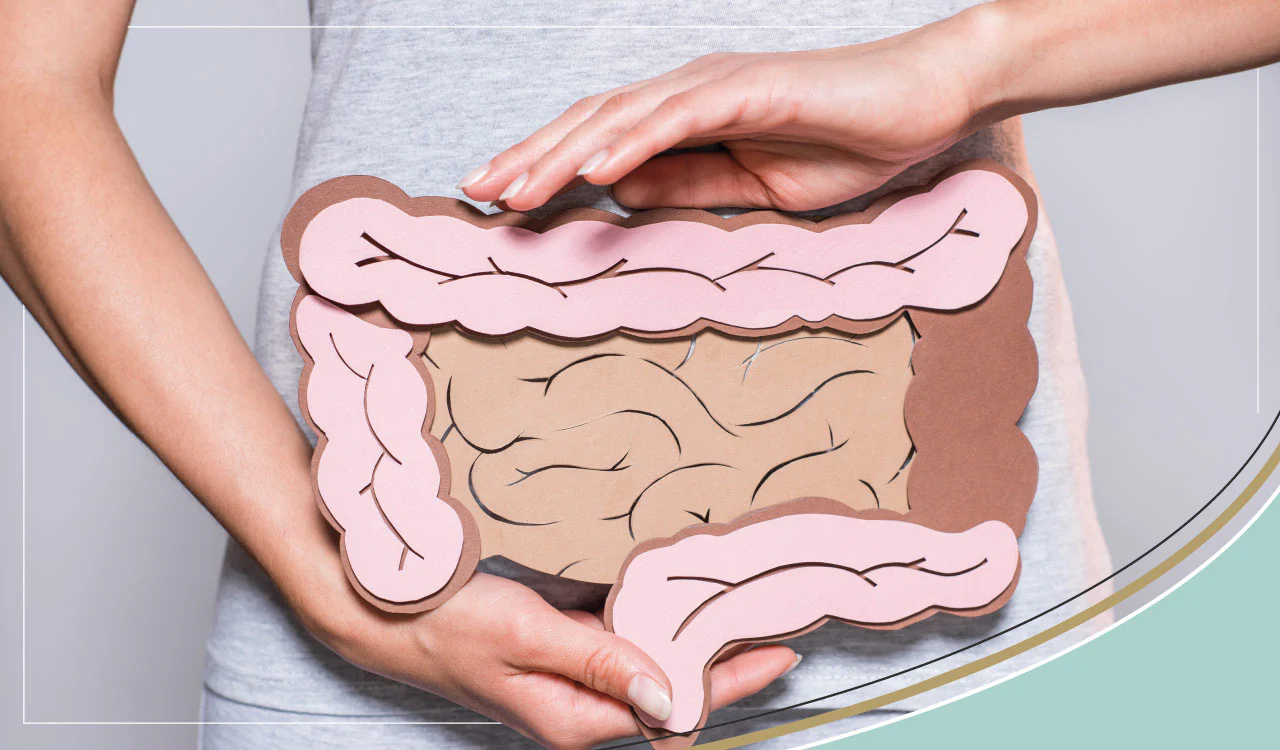Ulcuprazol is a branded formulation of omeprazole, a proton pump inhibitor (PPI) widely used to manage acid-related gastrointestinal disorders. By irreversibly inhibiting the H⁺/K⁺–ATPase enzyme in gastric parietal cells, it significantly reduces stomach acid secretion. This essential medication provides effective relief and promotes healing in conditions such as peptic ulcers, erosive esophagitis, and gastroesophageal reflux disease (GERD). Below, we explore Ulcuprazol’s mechanism, uses, safety profile, and administration in detail.
What is Ulcuprazol?
Ulcuprazol is a proton pump inhibitor that blocks excessive stomach acid production. Used globally, this medication is known for its efficacy and safety in treating acid-related disorders. Beyond its core function, it offers gastroprotection in cases where frequent acid exposure can damage the stomach and esophagus.
How Does Ulcuprazol Work?
Ulcuprazol works by targeting the H⁺/K⁺–ATPase enzyme, often referred to as the “proton pump,” located in gastric parietal cells. This enzyme plays a critical role in the secretion of hydrochloric acid in the stomach. By irreversibly inhibiting the pump, Ulcuprazol drastically reduces acid production. Since the enzyme remains blocked until new enzymes are generated, the effect lasts beyond its 24-48 hour onset period, ensuring sustained acid suppression.
This mechanism provides relief from symptoms while allowing damaged tissues to heal, making Ulcuprazol a robust choice for treating conditions involving excessive gastric acid.
Conditions Treated by Ulcuprazol
Several medical conditions benefit from the targeted action of Ulcuprazol. These include the following:
Erosive Esophagitis
Erosive esophagitis occurs due to excessive stomach acid damaging the esophagus lining. Ulcuprazol aids in healing these erosions and alleviating symptoms such as heartburn and difficulty swallowing by lowering acid production.
Peptic Ulcer Disease
Peptic ulcer disease includes both gastric (stomach) ulcers and duodenal (small intestine) ulcers. These ulcers often result from the combined effects of Helicobacter pylori (H. pylori) infection or the overuse of NSAIDs. Ulcuprazol helps reduce acid, promotes the healing of ulcers, and, when combined with antibiotics like amoxicillin and clarithromycin, eradicates H. pylori effectively.
Gastroesophageal Reflux Disease (GERD)
GERD results from acid frequently flowing back into the esophagus, causing heartburn and regurgitation. Ulcuprazol reduces acid, thereby minimizing these symptoms and protecting against further damage to the esophagus lining.
Zollinger-Ellison Syndrome
This rare condition involves tumors (gastrinomas) in the pancreas or duodenum, causing an overproduction of gastric acid. Ulcuprazol plays a critical role in managing the excessive acid secretion seen in Zollinger-Ellison syndrome.
Helicobacter pylori Eradication
H. pylori bacteria contribute significantly to peptic ulcers and gastritis. Ulcuprazol is commonly used in combination therapy with antibiotics to treat this infection effectively and prevent recurrence.
Prevention of NSAID-Induced Ulcers
Nonsteroidal anti-inflammatory drugs (NSAIDs) can irritate the stomach lining, leading to ulcers. Ulcuprazol is prescribed to prevent such ulcers by creating a favorable environment for healing and reducing the acid that exacerbates their formation.
Dosage and Administration
Ulcuprazol can typically be taken orally, with or without food. Here are some important guidelines for its proper use:
- Dosage: The dosage depends on both the condition being treated and the patient’s medical history. A healthcare professional will determine the appropriate amount.
- Onset of Action: Acid suppression starts within 24-48 hours of administration, offering quick relief from symptoms.
- Instructions: Patients are encouraged to take the medication at the same time daily for consistency and to follow their physician’s instructions carefully.
Safety and Efficacy of Ulcuprazol

Ulcuprazol has built a reputation for being both safe and effective. By targeting the root cause of acid-based disorders, it delivers remarkable results in symptom relief and healing. Clinical studies have demonstrated its favorable safety profile and minimal risk of adverse effects when used as directed. With over three decades of medical use worldwide, Ulcuprazol remains a reliable choice for patients and physicians alike.
Side Effects and Precautions
Common Side Effects
While most patients tolerate Ulcuprazol well, some may experience mild side effects, including:
- Headache
- Abdominal pain
- Nausea or diarrhea
Rare but Serious Side Effects
Certain rare complications, such as reduced magnesium levels, allergic reactions, or bone fractures, require immediate medical attention.
Special Populations
Precautions should be taken when administering Ulcuprazol to specific groups, such as pregnant women, elderly individuals, or those with liver disease. Consult a healthcare professional for tailored advice.
How Ulcuprazol Compares to Other PPIs
Compared to other PPIs, Ulcuprazol stands out due to its proven efficacy and consistent results in managing a wide range of conditions. While alternatives like lansoprazole and esomeprazole provide similar benefits, Ulcuprazol’s safety profile and affordability make it an excellent choice.
Lifestyle and Dietary Tips
To maximize the benefits of Ulcuprazol, consider these lifestyle tips:
- Avoid Trigger Foods: Spicy, acidic, or high-fat foods can worsen your symptoms.
- Elevate Sleeping Position: Raising the head of the bed by six inches can reduce nighttime reflux.
- Eat Smaller Meals: Overeating can increase stomach pressure and trigger reflux.
- Stop Smoking and Limit Alcohol: Both can exacerbate acid production and damage the stomach lining.
Adopting these simple changes, along with taking Ulcuprazol, can lead to better overall management of acid-related disorders.
Healing Acid-Related Disorders with Ulcuprazol
Ulcuprazol has become a mainstay treatment for managing acid-related gastrointestinal disorders. Its effectiveness stems from its ability to suppress acid, heal tissue damage, and provide long-term symptom relief. With its proven safety and efficacy, Ulcuprazol remains an invaluable tool in modern medical practice. However, for personalized treatment plans, consulting a healthcare professional is highly recommended.
Conclusion
Ulcuprazol has revolutionized the approach to treating acid-related gastrointestinal disorders by offering a reliable and effective solution. Its role in suppressing excess acid and promoting healing has improved the quality of life for countless patients. While its benefits are well-documented, it is essential to use Ulcuprazol under medical supervision to ensure optimal outcomes and address individual health needs. By combining this medication with a healthy lifestyle and professional guidance, patients can achieve better management of their condition and overall well-being.
YOU MAY ALSO LIKE
Prostavive Colibrim: A Deep Dive into Prostate Health’s Mysterious Supplement
FAQs
1. How is Ulcuprazol different from antacids?
Antacids neutralize existing stomach acid, while Ulcuprazol reduces acid production at its source for longer-lasting relief.
2. Can Ulcuprazol be taken with antibiotics?
Yes, Ulcuprazol is often combined with antibiotics to eradicate H. pylori infections effectively.
3. What happens if a dose is missed?
Take the missed dose as soon as you remember. If it’s close to the next scheduled dose, skip it. Never take two doses at once.
4. Can Ulcuprazol be used during pregnancy?
Pregnant women should consult their doctors before taking Ulcuprazol to weigh the risks and benefits.
5. How long can Ulcuprazol be safely used?
Short-term use is common, but long-term use may require monitoring by a healthcare professional to prevent side effects.











